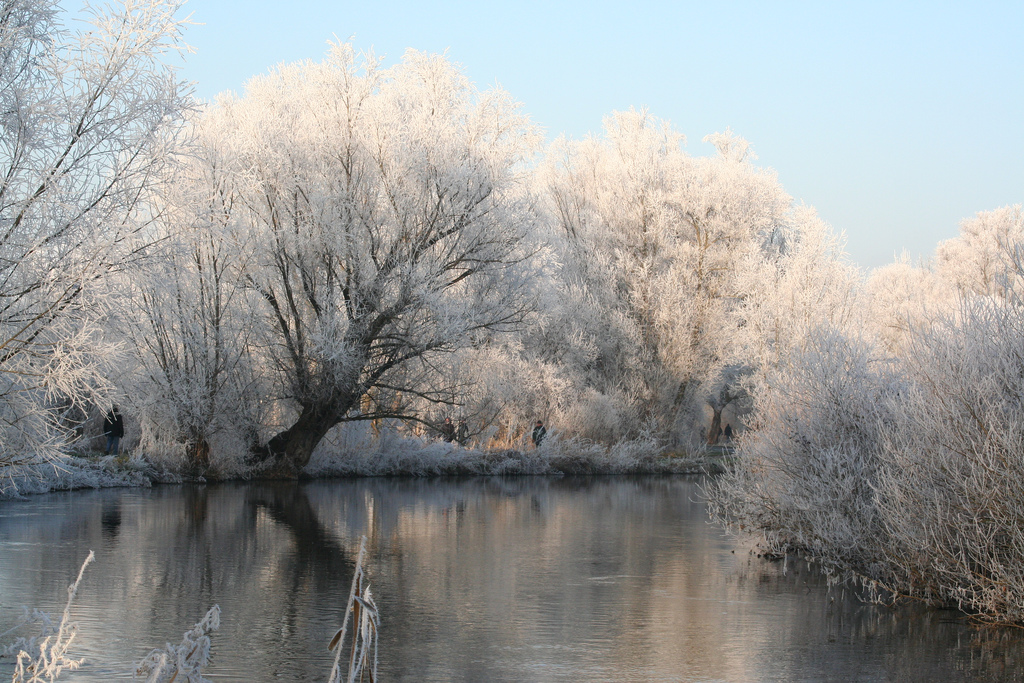
Since fish are cold blooded animals, their metaboism is directly affected by the temperature around them but they don’t hibernate.
Smallmouth Bass Wintering Holes
River smallmouth bass will find pockets where they congregate to avoid current but stay near current so they can have availability to food.
If you are an outdoorsman, it is pretty tough to beat a late fall day on the Missouri River. And, if you happen to be a bass fisherman and happen to find a wintering hotspot loaded with smallmouth bass, well, you might just think you’ve found the doorway to heaven.
Question was, could we catch smallmouth out here this late in the year?
The answer, of course, is “yes.”
We need to find a spot where the smallmouth will migrate to and overwinter, I said.
When I described what we should be looking for, Billy said, “I know of just such a spot.”
When we pulled into the spot with his 21-foot Champion bass boat, I was confident we would find bass in there somewhere.
In lakes, smallmouth go deep when water temperatures drop into the 40s. Yet, there are always some shallow even after the main migration to the wintering areas.
But it was a nearby sandbar that garnered our attention. Smallmouth on the Missouri River seem to love such spots where water breaks over the shallow sand and plunges into a deep pool below. We would save that spot for later in the day.
But since this one was located so close to what I would call a wintering area, we were confident there would be bass there.
We cast a variety of lures along the rocky shoreline — tubes, swim jigs, spinner baits and crankbaits. All caught fish, lending weight to my theory that a shallow bass will hit anything that swims by.
The bass we were catching were running from a pound and a half to about 2 pounds. Billy had one hog swirl at his swim jig just as he was pulling it from the water. I made a quick cast with a tube, but no fish. The next cast a smaller bass inhaled it.
When we slid into the quiet water behind that sandbar, our confidence in the spot grew.
“Fifteen feet of water here,” Billy said.
We both cast tubes toward the drop and let them drop down to the bottom. We both hooked up.
Bass after bass fell to our tube baits. When it was over, we had landed four fish between 4 and 5 pounds. Most ran from 3 to 3 and a half.
It was incredible fishing.
But that is how it can be this time of year if you can find the fish. We’ve been on that spot twice now and nothing has changed. We may go again if the river doesn’t drop.
Late fall is a great time to fish bass on the river. We know that now. Source
If you can find these wintering areas and get to them safely in the winter, you will catch bronzebacks, even on the coldest of days.
To stay up to date on the latest smallmouth news, subscribe to our weekly newsletter!


